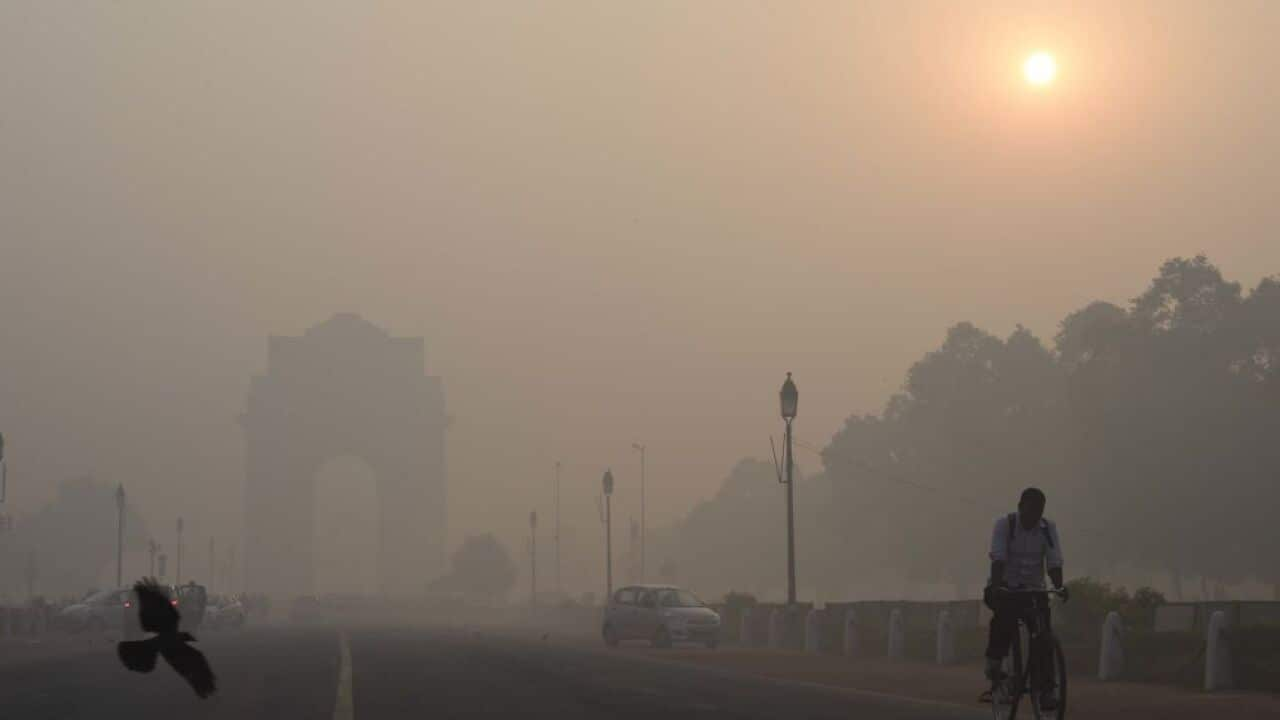Air pollution inequality between wealthy and poor countries is widening. The latest World Health Organisation report has revealed 90 per cent of the world's people are breathing polluted air. Air pollution levels remain dangerously high in some of the poorest countries and it's killing 7 million people each year.
The latest World Health Organisation report shows declining pollution levels in some part of Europe and the Americas, but concentrations of air particles are still dangerously high in many parts of Asia, India and the Middle East.
According to the study New Delhi, Cairo and Beijing are among the most polluted cities on the planet.
Fourteen of the world's worst-scoring cities are in India. New Delhi student, Kamya, says the statistics for India are shameful.
Anumita Roy Chowdhury is the head of pollution and clean transport at India's Centre for Science and Environment. She says a national clean-air action plan is being developed to address the health and environmental issue.
The World Health Organisation estimates seven million people die each year from exposure to fine particles in polluted air, which can cause stroke, heart disease, lung cancer and respiratory infections.
Nine out of every ten people is said to be breathing polluted air.
Doctor Maria Neira of the World Health Organisation says the current levels of air pollution in many countries is unacceptable. She explains that the poorest and most marginalised communities are worst affected.
Art students in Iraq are taking steps to combat rising pollution levels there.A group of students painted street walls in the Kurdistan city of Sulaimaniya, with images of people cycling and watering plants.
Student Mohamed Hussein says he hopes the murals will draw people's attention to environmental threats in Iraq.
The World Health Organisation will hold the first Global Conference on Air Pollution and Health later this year.
Listen to this feature in Punjabi here.




